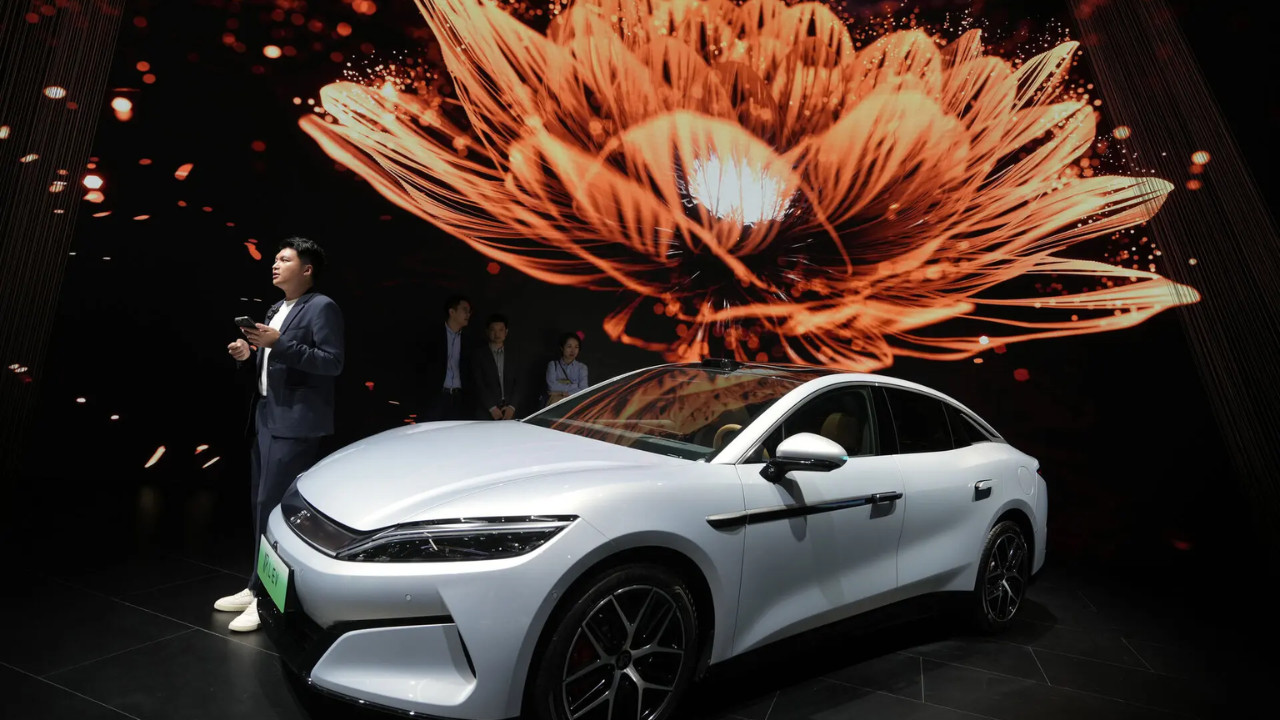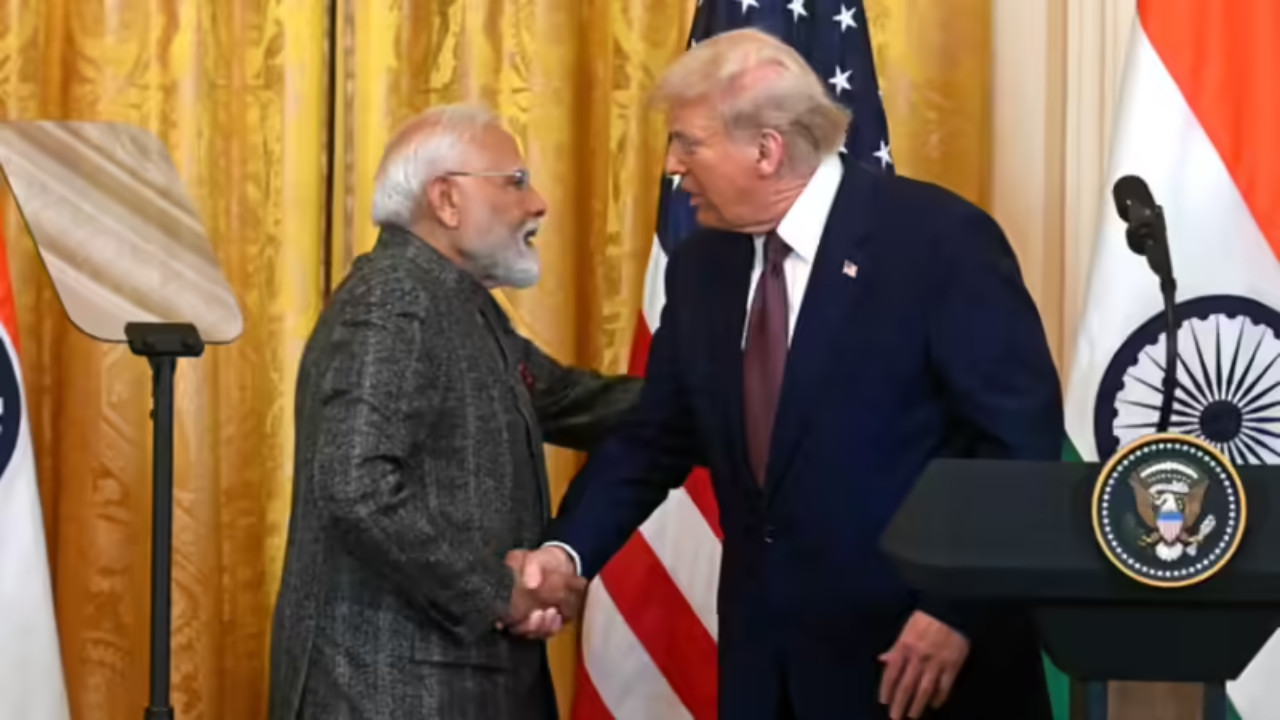China’s EV Market: Cooling Down the Price Wars?
China’s electric vehicle (EV) market has been a whirlwind of innovation, intense competition, and, let’s face it, some pretty aggressive pricing. For consumers, it’s been a bit like Black Friday every day, with manufacturers vying for market share in a booming industry. But could the party be winding down? Whispers from within China suggest a regulatory push to address what’s being called “involution” – a state of hyper-competition leading to diminishing returns for everyone involved.
Imagine a classroom where everyone studies relentlessly, pushing the average grade higher and higher until individual effort barely makes a difference. That’s essentially what’s happening in the Chinese EV market. Companies are slashing prices, sometimes below production costs, to gain an edge. While good for short-term sales figures and consumer wallets, this relentless price war isn’t sustainable. It threatens the long-term health of the industry, potentially stifling innovation and squeezing out smaller players.
The concern isn’t just about profitability; it’s about fostering healthy, long-term growth. The Chinese government, which has heavily subsidized the EV sector, now appears to be stepping in to steer things towards a more balanced approach. The aim is to prevent oversupply, encourage technological advancements rather than mere price cuts, and ensure the industry’s continued evolution.

One of the primary targets of this regulatory attention is overcapacity. China’s EV production capacity has ballooned in recent years, far exceeding domestic demand. This surplus necessitates aggressive export strategies and contributes significantly to the price wars. The government is likely to discourage further unchecked expansion and encourage consolidation within the sector.
This isn’t just about reining in exuberant growth; it’s about ensuring quality and technological leadership. The focus is shifting towards genuine innovation, developing cutting-edge battery technology, and improving vehicle performance. Price competitiveness alone is no longer enough.
The implications of this regulatory shift are far-reaching. For consumers, the days of drastic, unsustainable price drops might be numbered. However, this could also mean access to higher quality, more technologically advanced EVs in the long run. Companies will need to compete on factors beyond price, such as range, performance, safety features, and overall user experience.
For manufacturers, especially smaller players, the pressure to innovate and differentiate will intensify. Companies that can’t keep up with the technological curve or lack the financial resources to weather the storm may face consolidation or even exit the market. The industry giants, like BYD, which are leading the charge in this transformation, will likely emerge even stronger.
The push to curb “involution” in the EV market is a complex balancing act. It aims to protect the long-term health of the industry while maintaining China’s position as a global leader in electric vehicles. It’s a shift from a “growth at all costs” mentality to a more sustainable, innovation-driven approach. The changes in China’s market will likely have worldwide ripple effects on all producers of electric vehicles and their components.
This move towards regulation also highlights a broader trend in China’s economic policy. The government is increasingly willing to intervene in sectors it deems strategically important, guiding development and ensuring alignment with national goals. The results of these moves will determine the future of the Chinese EV industry, and its role on the global stage.
Interested in learning more about related topics? Check out our previous post on sustainable energy solutions for the future.
In conclusion, the regulation changes in China’s EV market signal a significant shift. While the immediate effects may include a stabilization of prices, the long-term goal is to foster a more sustainable and innovative industry. The transition won’t be without its challenges, but it ultimately aims to solidify China’s position as a global leader in electric vehicle technology and manufacturing for years to come.







